QI News Fall 2023
INTRODUCTION
As we head into autumn, the September issue of QI News focuses on the challenges of equitable access to quality higher education globally as illustrated in Transforming Lives at the Institutional Level: Equity Promotion Initiatives Across the World, edited by Dr. Jamil Salmi, an education economist and member of the CIQG Advisory Board. In this work, readers will be introduced to various innovative equity-focused initiatives. For this issue, we highlight two examples of such initiatives.
Firstly, we take you to Scotland where a collaborative project was initiated in response to a national call from the quality assurance agency to promote decolonization in the curriculum. This initiative focused on enhancing student achievement by ensuring that higher education—especially in classrooms—recognizes diverse social and political experiences. The project also aspired to incorporate multiple perspectives on historical events and present-day structural inequalities.
Lastly, we look at the example of Western Australia University, an elite institution striving for inclusivity without compromising academic quality. Through their integrated equity strategy, they have achieved notable success in attracting and retaining more students from low socioeconomic backgrounds. This case study highlights how an elite institution can establish accessible pathways for all students and become a valued partner for disadvantaged communities in its sphere of influence.
Opening with a quote from Nelson Mandela, this work emphasizes education as a potent tool for global change. Amid disparities, political unrest and climate concerns, the institutions showcased in this book are actively working towards equitable access to quality education, benefiting our vast global society.
Background
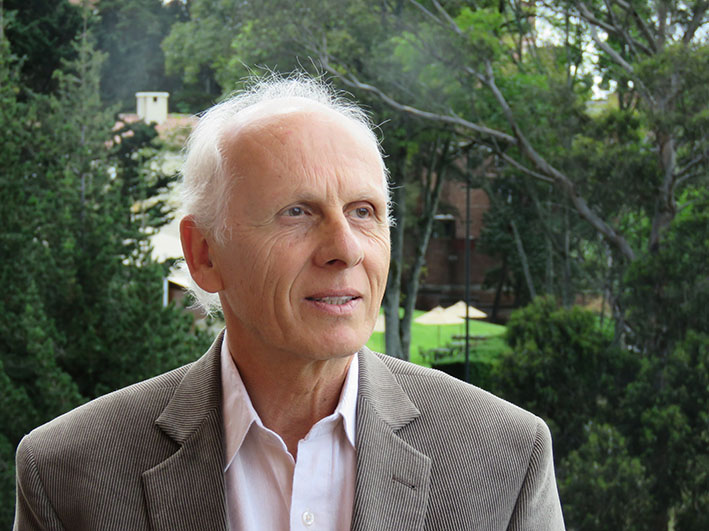
Around the world, many children and youths face challenging circumstances beyond their own control—due to discrimination on the grounds of race, gender, sexual orientation, geographical origin, socioeconomic background, or other attributes—that drastically affect their opportunities to go to school, stay in school, complete secondary education, and access higher education. This has a particularly strong impact on young people in developing countries and disadvantaged groups across the world. At the tertiary level, young people encounter barriers reflecting the cost of studying, lack of social capital, insufficient academic preparation, low motivation, and lack of access to information about labor market prospects. The need to achieve greater inclusion and promote pluralism in higher education responds to a strong social justice imperative, as reflected in target 4.3 of the Sustainable Development Goals. READ MORE
Jamil Salmi, an education economist, who served as the coordinator of the World Bank's tertiary education program
Decolonizing the Curriculum in Scotland
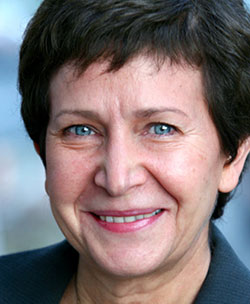
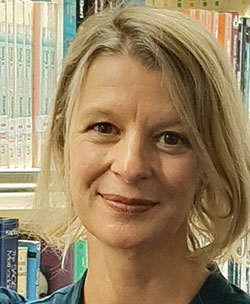
The Scottish higher education system includes 19 institutions with degree awarding powers. The current policy is to ensure that by 2030, 20% of students entering university come from Scotland’s 20% most deprived backgrounds. Several initiatives (such as providing tuition-free education and financial support, notably for students with disabilities) are contributing toward this objective.
The initiative of decolonizing the curriculum is part of the effort to ensure student attainment. The initiative is a component of the “Enhancement Themes” of the Scottish Quality Enhancement Framework. The Enhancement Themes are coordinated by QAA Scotland, which is part of the UK-wide Quality Assurance Agency for Higher Education. The Enhancement Themes are owned by the higher education Scottish sector and aim to enrich the learning experience of students studying in Scotland. READ MORE
Andrée Sursock, Senior Advisor, European University Association
Catriona Cunningham, Head of the Department for Learning & Teaching Enhancement, Edinburgh Napier University, Scotland, UK
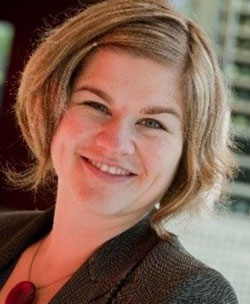
 Embedded Equity Program at the University of Western Australia
Embedded Equity Program at the University of Western Australia
Widening access and participation in higher education has been on Australia’s national policy agenda for over thirty years, since the government white paper A Fair Chance for All articulated a focus on six equity target groups that are still in place today. However, it took the 2008 Review into Australian Higher Education to see the Government commit significant funding to equity programs that meant institutions could and did implement major initiatives purposely designed to raise awareness, aspiration and capacity of students from underrepresented groups in higher education. The introduction of the Higher Education Participation and Partnerships Program (HEPPP) was a major catalyst for The University of Western Australia (UWA) to significantly scale up tailored and multifaceted programs addressing the underrepresentation of students from equity cohorts. READ MORE
Nadine Zacharias, Associate Professor and Director, Student Engagement at Swinburne University of Technology
Elisa McGowan, Manager Student Equity
Announcements
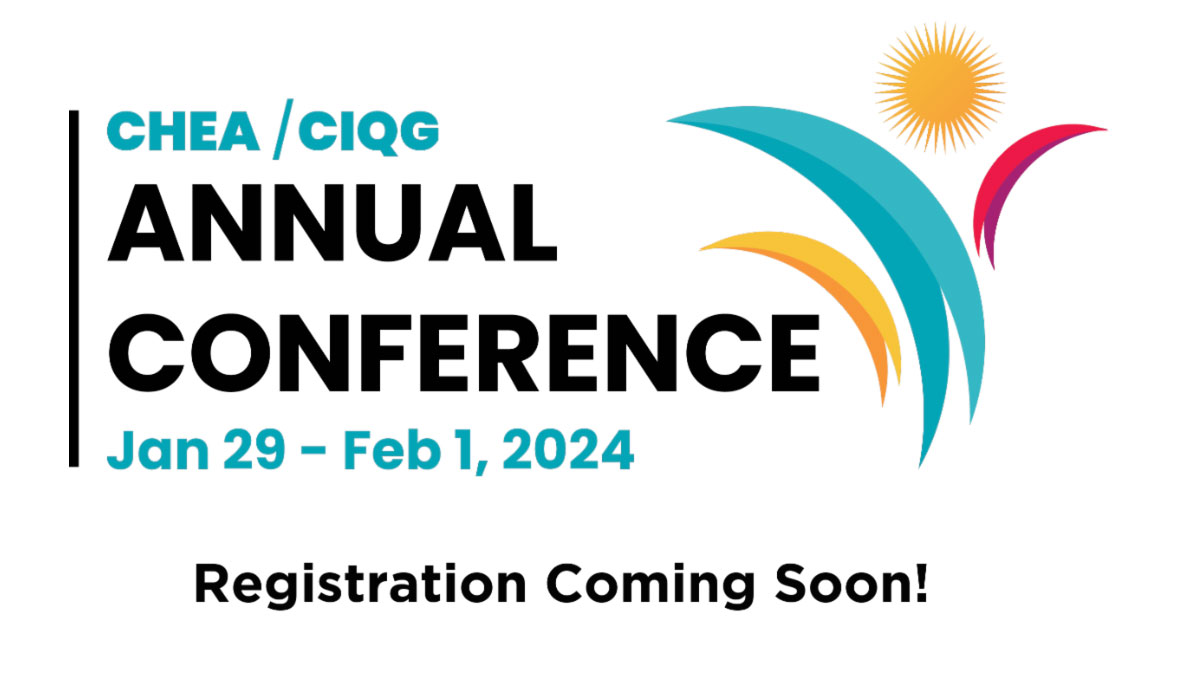 The 2024 CHEA/CIQG Annual Conference is scheduled for January 29 – February 1, in Washington, D.C. This year’s in-person event promises to build on the excitement and successes of last year’s Annual Conference. Registration coming soon!
The 2024 CHEA/CIQG Annual Conference is scheduled for January 29 – February 1, in Washington, D.C. This year’s in-person event promises to build on the excitement and successes of last year’s Annual Conference. Registration coming soon!- CIQG would like to congratulate Dr. Olgun Cicek on his new appointment as the International Advisor for for YÖKAK (Higher Education Quality Council in Turkey). He will be located at KTMU (Kırgız Turkish Manas University) in Bishkek, as the advisor to the Rector.
- Remember that you are invited to submit articles or op-eds that focus on current topics relevant to quality assurance and international higher education. After reviewing the Quality International Newsletter Guidelines (https://www.chea.org/quality-international-newsletter-guidelines ), please submit your articles, op-eds, announcements by November 10, 2023, for consideration of inclusion in the December 2023 issue of QI News.
The views and opinions expressed in this newsletter do not necessarily reflect those of the Council for Higher Education Accreditation,
its International Quality Group, its Board, or its members.
Become a CIQG member, today!


